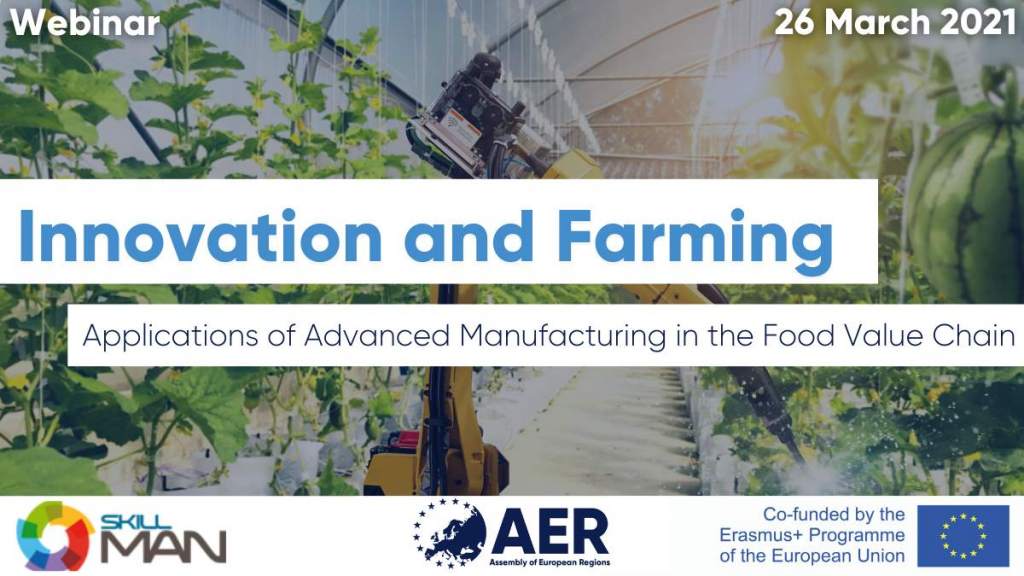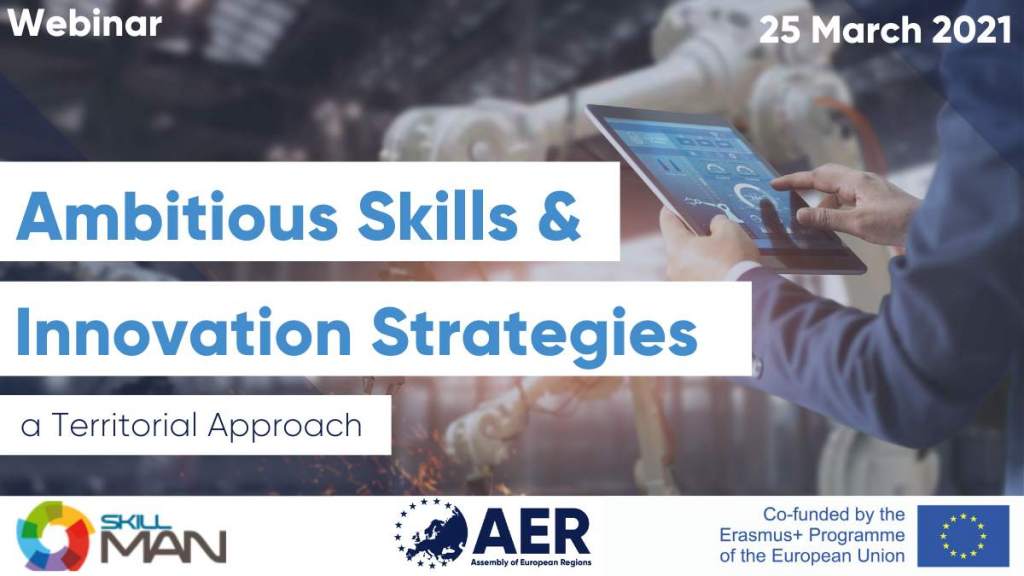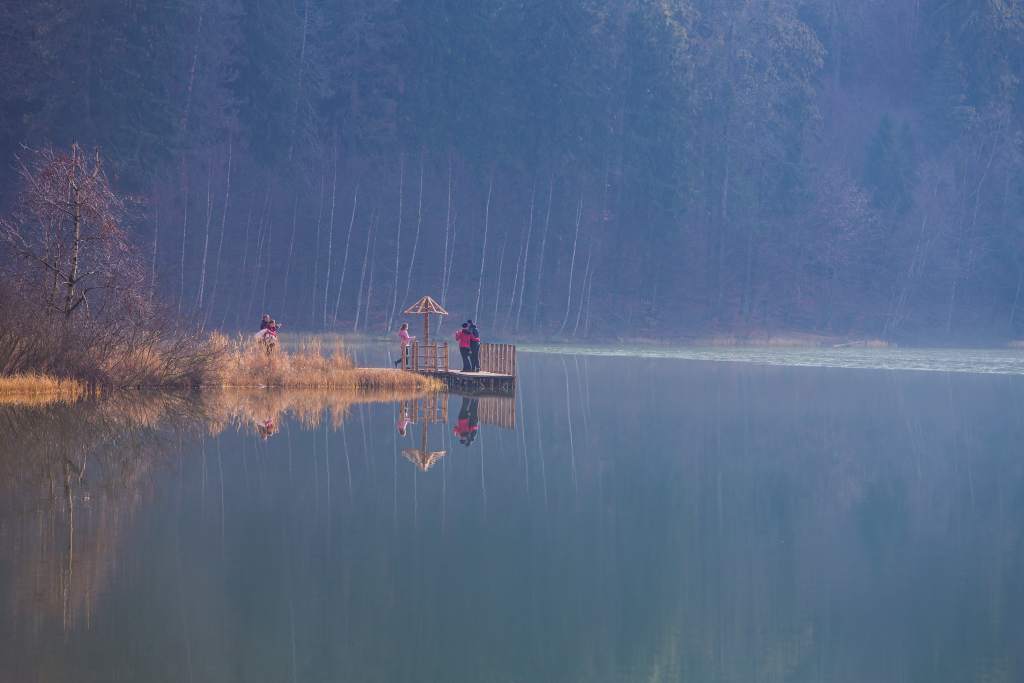Registrations open! Innovation and Farming: Applications of Advanced Manufacturing in the Food Value Chain

We are pleased to invite you to the webinar “Innovation and Farming: Applications of Advanced Manufacturing in the Food Value Chain” that will take place on 26 March 2021 at ... Read More

